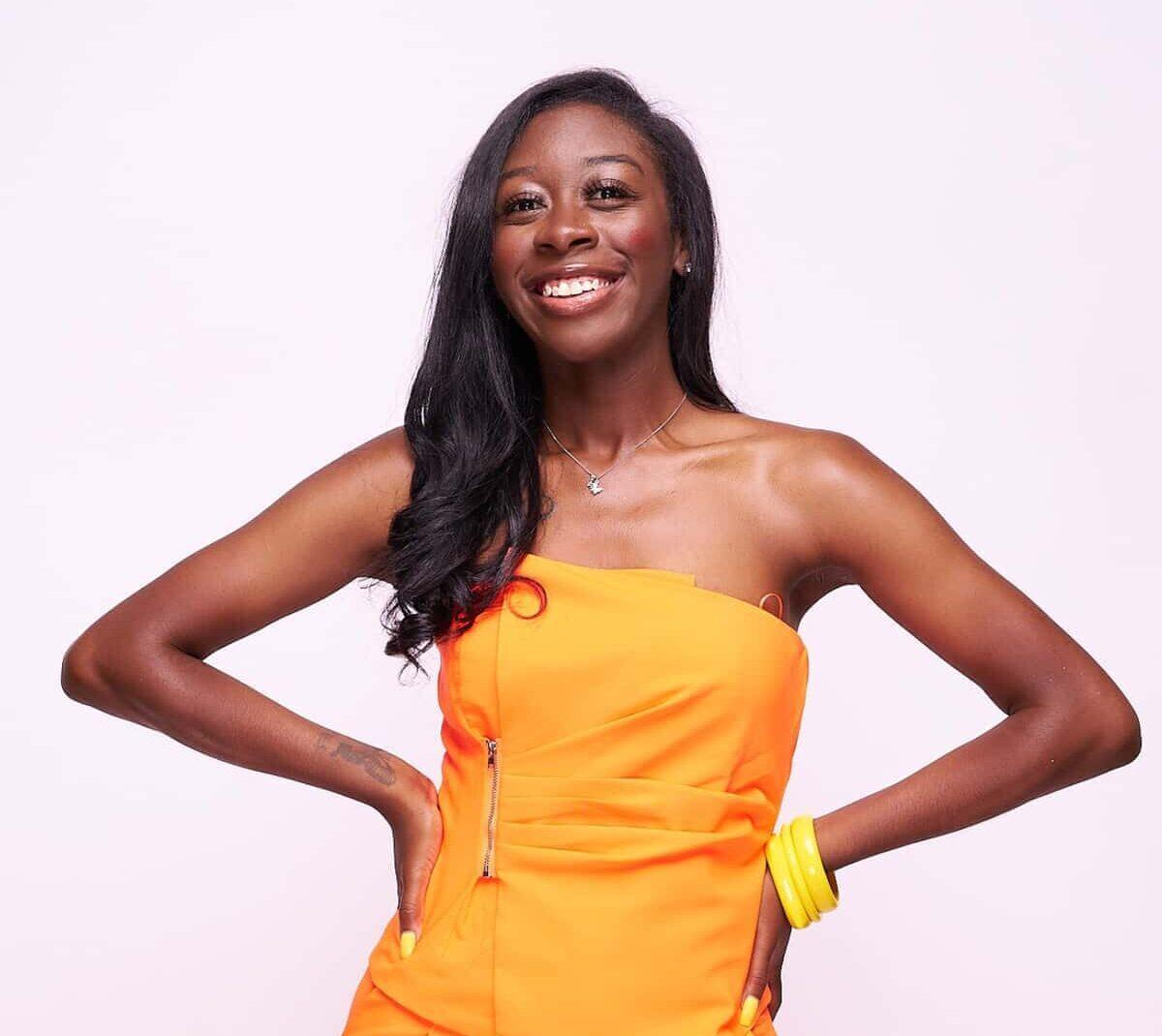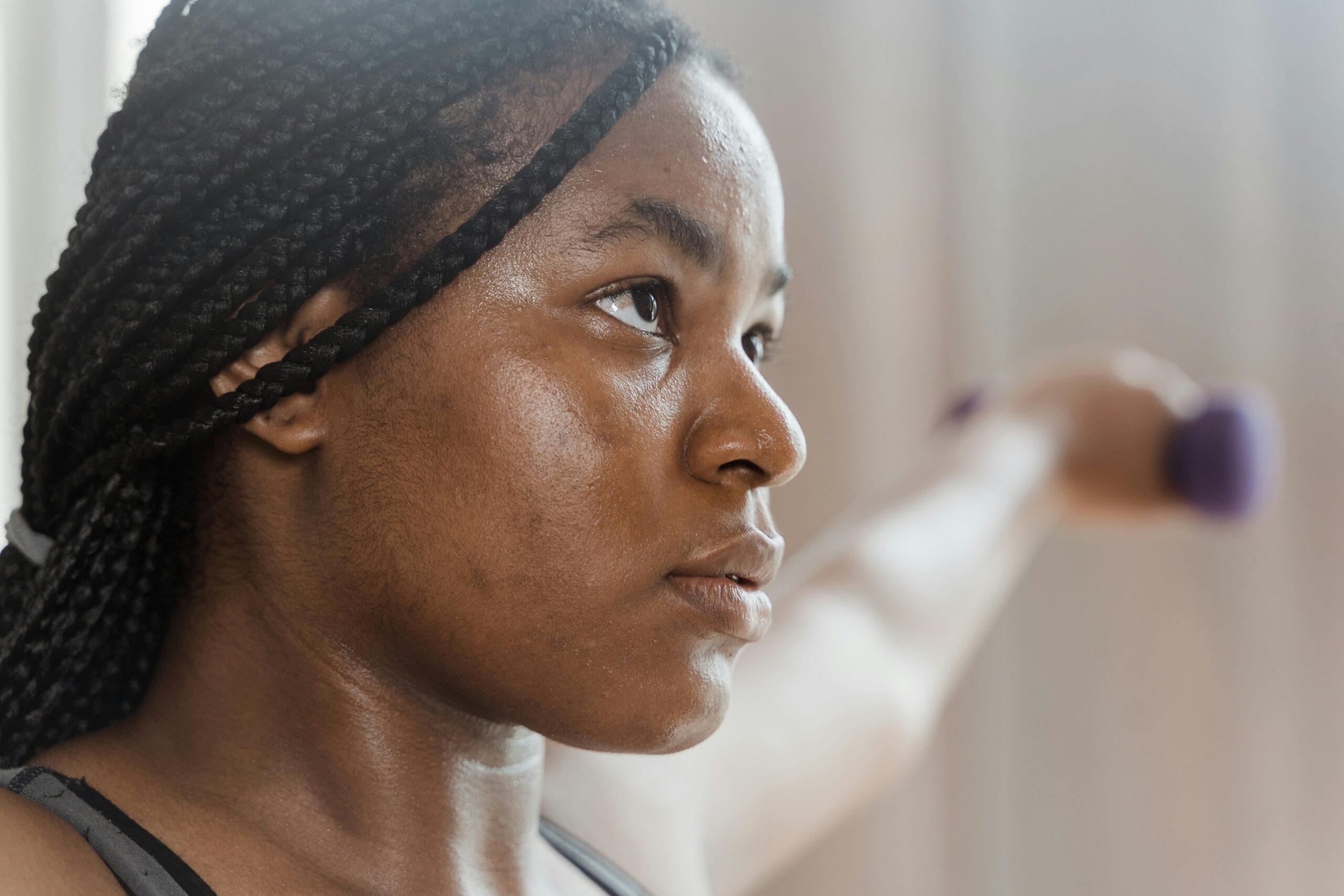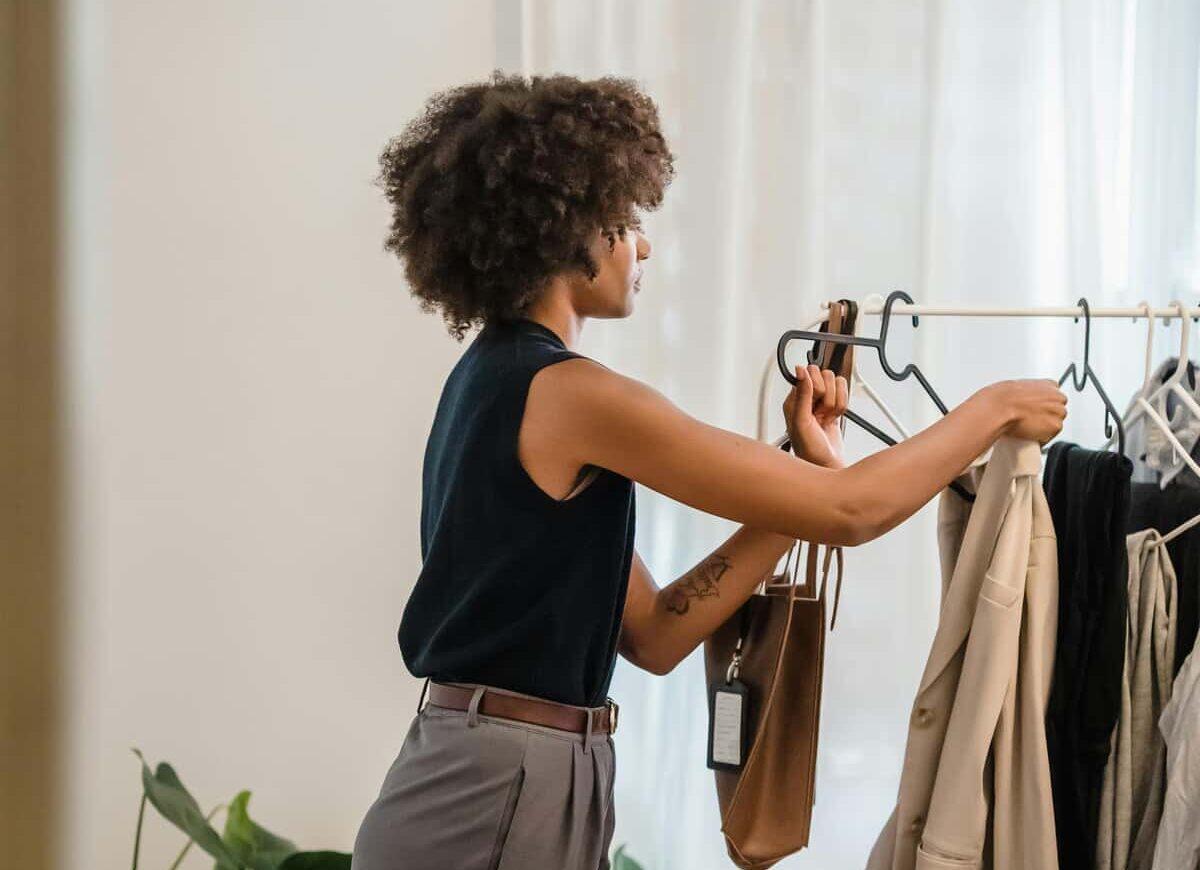The Future Of Women-Only Ridesharing
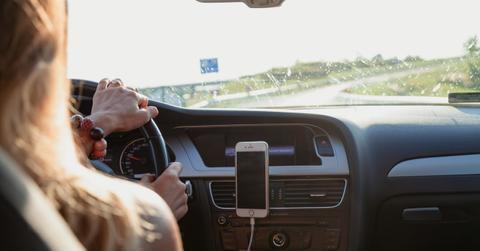
SOURCE: Pexels
The rise of women-only rideshare services has been inspired by increasing safety concerns, and gender disparities pertaining to driver earnings. Rideshare apps such as Uber and Lyft have only recently introduced women-preferred options, while smaller mission-driven companies have been quietly building a model from the ground up to allow women passengers to use a rideshare program with confidence.
Atlanta-based HERide is one of those companies. Founded by Jillian Anderson and Devynne Starks, HERide is disrupting the male-dominated rideshare space by centering safety, equity, and innovation. Since launching in 2020, the Black woman-founded startup has grown through bootstrapping, strategic partnerships, and relational capital. Recently the company reached a major milestone by becoming one of only two rideshare companies approved to operate out of Hartsfield-Jackson Atlanta International Airport.
Her Agenda caught up with Devynne, who shared how HERide is pushing the norms on ridesharing, what it really takes to scale without deep VC pockets, and why women-centered platforms are more than just a trend.
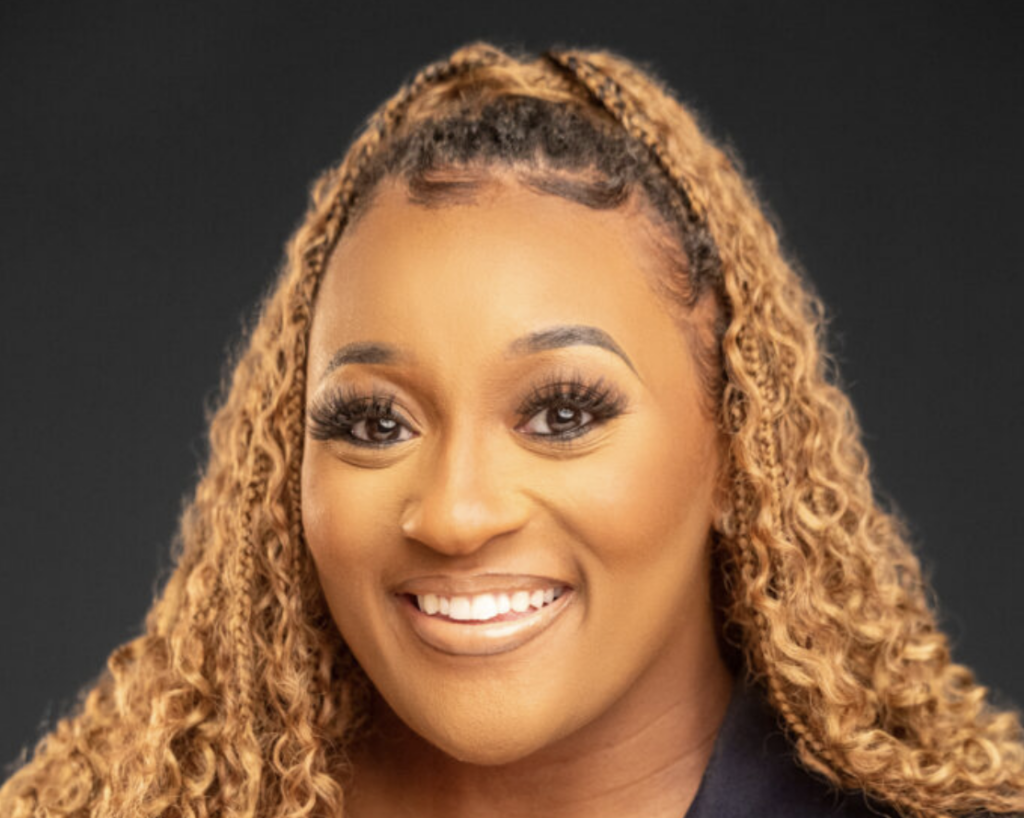
SOURCE: HERide
Her Agenda: What inspired you to start HERide?
Devynne Starks: The reason it was started is Jill, who is the founder of HerRide. She actually drove full time for Uber and Lyft. And as a full time driver [in this industry], it’s very rare for [there to] be full time female drivers. So, as a woman, she would have women passengers who were really excited about the fact that she was a woman. Most of them would be women that she was picking up from the airport late at night or coming from the club or a bar or a late night game. And so, they were just really ecstatic that it was a woman taking them home [when] they were sharing how their experience was, when a man was coming to get them or pick them up.
HA: What specific safety gaps in ridesharing were you trying to solve for women?
DS: In terms of the specific safety gaps that we feel as a business, we focus on safety for women riders specifically, but also [for] our drivers. So, we only have contract women drivers. And then, anyone can ride with us. We leave it up to the discretion of the driver to accept a male if he’s requesting a ride. But most of our passengers, of course, are women.
We haven’t had any reports on our platform to date. But it is primarily due to the fact that we have a one-on-one driver onboarding process, meaning that our drivers are more likely to show up as quality candidates because they know that they have to physically meet with someone, whether it is virtually, you know, we have to see them, or in person. And during this onboarding process, a series of things are happening to verify that what they submitted to us as a driver is indeed lining up with who we’re meeting with face-to-face, as well as ensuring that their car is in tip-top shape.
Another thing is, reducing the risk of harassment, [to] create a safer environment for women. We do a lot of training with our drivers so they understand how even things that could be considered like a simple comment could be also misinterpreted as harassment. So, there’s a lot of training that is happening, [including] being able to empathize with drivers who may get into the vehicle who are non-binary. We cater to many vulnerable communities outside of just women specifically, and this includes the LGBTQ plus community. So, education is a big piece, but then also just having safety practices in place that we feel are important have been the main differentiator between us and then some of the giants in the industry.
HA: How is your company helping to bridge the gender pay gap?
DS: We want our drivers to feel prioritized and know that they are the backbone of our business, right? If we didn’t have drivers, we wouldn’t be able to have a ride-sharing app nor run a business. So, that is why we offer our drivers 80% of the fare, which is unlike anything that has been heard [of] or seen rolled out successfully within this industry. And so, by allowing them to have higher earnings, we are maintaining quality candidates because they continue to show up and they’re dedicated to accept[ing] the rides that are booked on the platform more so than on others. Our turnover rate is lower because they’re making more. Now at some point, we might have to scale back from the 80% to let’s say, you know, 60% because there are other things that are happening in the business. But as long as we are offering our drivers more than what they are getting with our competitors, they have expressed to us thoroughly time and time again that they’re willing to stay with us.
HA: HERide has grown through bootstrapping and relational capital. Can you share what that journey has looked like, and how you’re navigating fundraising now as a Black woman founder in a space that often overlooks this community?
DS: [For] women, Black women specifically, we’re at the bottom of the totem pole, if you will, in terms of VC funding. And so, because of that, we have to be creative. in terms of creativity, how we’ve been able to stay afloat or maintain, especially as a smaller player in this industry is by being able to leverage things like earned media. So, we didn’t spend a dollar on paid media until this year, 2025. We took our first live ride two years ago in March.
And since then, you know, the traction and the growth that we have received has been astronomical. We’ve received the visibility [we have] through partnerships, learning our relationships with journalists, being able to articulate the story in a way that is authentic to our own voice in very niche markets to very niche audiences. And so, that’s been the main way we’ve been able to be creative around spending less money but still having the same impact. And through those unique opportunities and the strategies that we’ve built around them, we’ve been able to gain many rewards, one of which being going viral multiple times. Oftentimes, you can’t equate going viral with your bottom line. But for us, it has truly been the thing that has been able to help us grow.
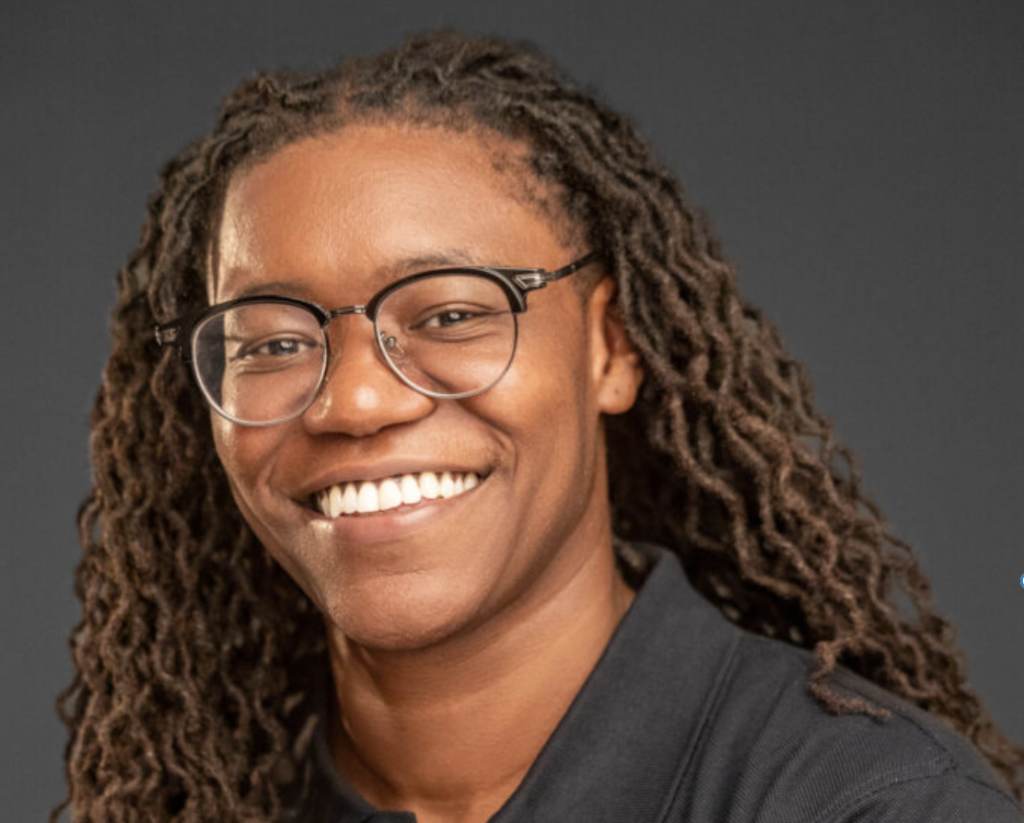
SOURCE: HERide
HA: HERide is now approved to operate at Atlanta’s Hartsfield-Jackson Airport. What does that milestone mean for the company, and how does it reflect your momentum and mission?
DS: The moment that we gained signage in the airport and people started taking footage because they were just so excited to see two black women [and] the company’s name right beside Uber and Lyft. That was really something that the community was excited about. So, they embraced us and shared that moment in celebration with us. And so, I think that, you know, we’ll have to continue to be creative in order to break through because we are not coming into this industry with multimillion dollars like Uber and Lyft had the luxury to incentivize drivers or to incentivize customers to try out the platform.
HA: Has this partnership with the airport helped contribute to monetary support from others?
DS: For us, it has really truly been leaning on relationships. But another way that we’ve been able to kind of cut through the noise, in terms of just being able to have constant money coming in outside of what the business is making itself is applying for pitch competitions. It’s been a really great strategy for us in terms of being a bootstrap company. And it’s really important for us to maintain being a bootstrap company for as long as possible so that we retain ownership and control over our tech mission. But it also allows us to build a product and gain traction without diluting any of that equity.
And, you know, that is really the leveraging that you have going into those larger opportunities when you are willing to accept funding, right? You don’t want to have so many people on the cap table. You want the right people on the cap table. So for us right now, we are willing to remain bootstrap for as long as possible and maintain that equity. And so we’ll continue to be creative until the right investor comes along. Because many investors have come to us. But for us we don’t want an investor to come in and then deprioritize the things that even make HERide special, right? Like we truly want women to be the focus, whether it’s on the driver’s side or our customer’s side. And we want that to be just as important to whoever comes in to invest in us.
HA: How do you see the future of women-focused ride sharing company evolving beyond Atlanta?
DS: We definitely have goals of existing beyond Atlanta. [Right now] we operate about 40 miles in each direction, North, South, East, and West outside of Atlanta, like the city of Atlanta itself. We get reached out all the time from like North Carolina, Charlotte, Dallas, Austin, and Houston. So there’s definitely room and opportunity for us in so, so many places. And we look forward to scaling, but in order to do that, we need the investment right here in Atlanta to get us to where we truly want to be.

